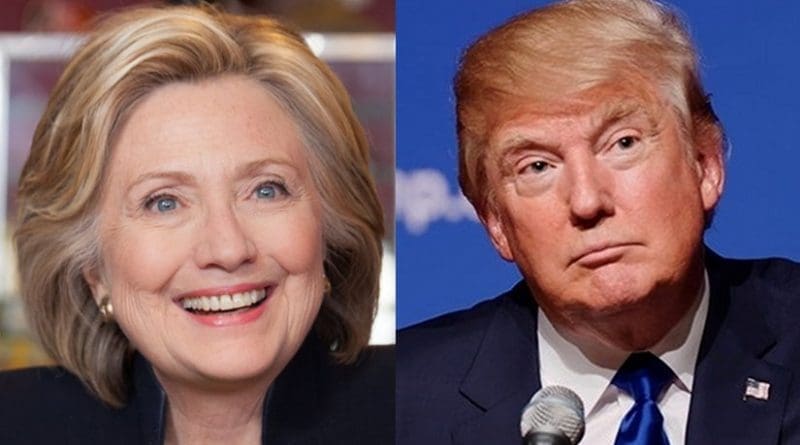Robert Reich: The Reality Of Free Trade Deals – OpEd
By Robert Reich
Free trade is figuring prominently in the upcoming presidential election. Donald Trump is against it. Hillary Clinton has expressed qualms.
Economists still think free trade benefits most Americans, but according to polls, only 35% of voters agree.
Why this discrepancy?
Because economists support any policy that improves efficiency and they typically define a policy as efficient if the people who benefit from it could compensate those who lose from it and still come out ahead.
But this way of looking at things leaves out 3 big realities.
1. Inequality keeps growing. In a society of widening inequality, the winners are often wealthier than the losers, so even if they fully compensate the losers, as the winners gain more ground, the losers may feel even worse off.
2. Safety nets keep unraveling. As a practical matter, the winners don’t compensate the losers. Most of the losers from trade, the millions whose good jobs have been lost, don’t even have access to unemployment insurance. Trade adjustment assistance is a joke. America invests less in jobs training as a percent of our economy than almost any other advanced nation.
3. Median pay keeps dropping. Those whose paychecks have been declining because of trade don’t make up for those declines by having access to cheaper goods and services from abroad. Yes, those cheaper goods help but adjusted for inflation, the median hourly pay of production workers is still lower today than it was in 1974.
So if we want the public to continue to support free trade, we’ve got to ensure that everyone benefits from it.
This means we need a genuine reemployment system – including not only unemployment insurance, but also income insurance. So if you lose your job and have to take one that pays less, you get a portion of the difference for up to a year.
More basically, we’ve got to ensure that the gains from trade are more widely shared.


I do not think the author has stated explicitly whether he is with free trade or against free trade. He just cannot state it. Michal Kalecki, a great Polish Economist, indicated long time ago that capitalism intentionally does not create full employment, because full employment means powerful workers and higher wages which will be translated into less profits. Before him, Thorstein Veblen thought that the system of business enterprises is based on sabotage and exploitation which mean always restriction of production and consequently employment in order to make the highest money gain (profit) possible. In fact, Veblen even indicated that capitalists are interested in making money by not engaging in production but by the involvement in finance and looting. Karl Marx was always deeply involved in the fact that capitalist was basically working to generate surplus value or looting the money value of the production of the working people. And capitalists as a class aim at maximizing the surplus value for further capital accumulation for more profits through exploitation of workers and environment. And many economists were talking about how capitalists exploit people and environment for making profits. Capitalists can destroy any law humanity has produced for making more profits. My point is that this bourgeois economist who aims at saving capitalism does not understand the true fact that the problems of inequality, exploitation, low pays or wage reduction, inefficiency, sabotage, looting by using laws and states, destruction of environment, and the like are all the creation of capitalism itself and to save humanity from these problems of the capitalist or the imperialist system humanity must change the imperialist system.
The author needs to go back and read theories of international trade to understand what it means. What has happened to the US economy again is the flight of capital for more profits in more profitable opportunities in more productive countries. US has lost its productivity because of the oligopolistic and monopolist system many large firms enjoy in the US economy with the support of the government. That is, big business is against efficiency and productivity. These big firms are interested in producing less ad hiring fewer workers for more profits. Once again, the system is rotten and engaging in a class war against workers and the working people. US imperialism is engaging in global looting by force (wars) and oppression rather than by providing benefits to its people: less benefits mean more loot. The author is really dreaming, and he may be influenced by Sismondi who was thinking that redistribution of income can solve the problems of capitalism. He also should know that Mr. Trump is not against trade; he just wants to have better trade deals for the USA. For the author information Karl Marx did support free trade because it is one way to destroy capitalism.